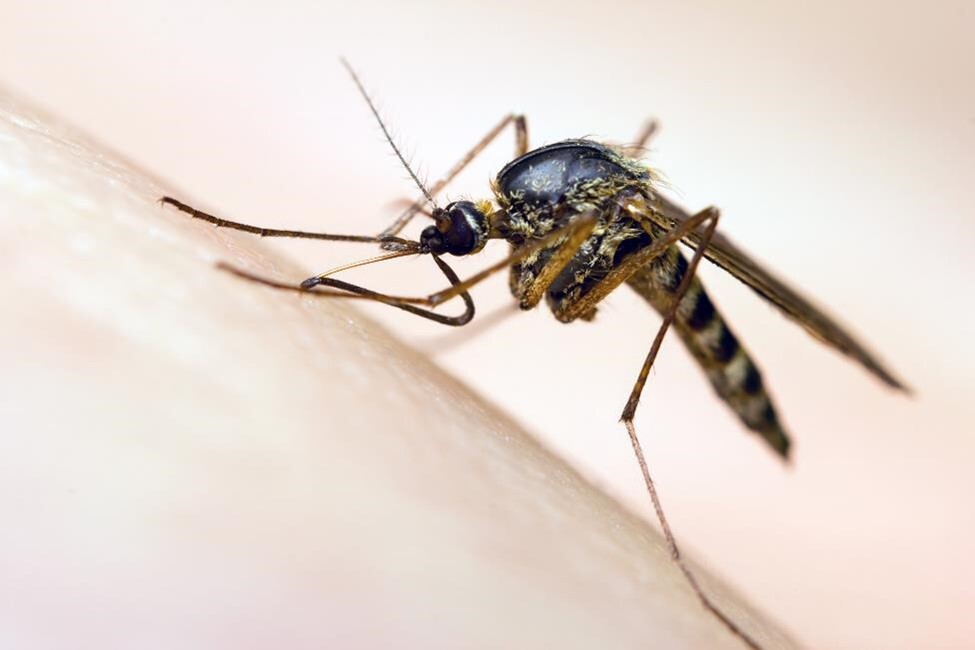Mosquito Control

Rove Pest Control Mosquito Removal
Imagine sitting on your porch on a peaceful summer evening, ready to enjoy the calm atmosphere, only to be interrupted by the high-pitched buzz of a mosquito in your ear. Mosquitoes are more than just a nuisance—they can quickly turn a serene setting into a source of stress and irritation, but Rove can help.
At Rove Pest Control, we understand how important it is to reclaim your favorite outdoor spaces from mosquitoes. Our customizable mosquito control services are here to help you enjoy your time outside without the constant threat of bites.
Mosquito Extermination and Prevention
The best mosquito control requires a deep understanding of these pests’ behavior. Interestingly, only female mosquitoes feed on blood, which they need to reproduce. However, the problem persists because their rapid reproductive rate can lead to large swarms in a short time.
These biting mosquitoes are drawn to sources of standing water, where they lay their eggs and where larvae thrive. Even small puddles around your home or office can signal a growing risk of mosquito infestation, and we’ll work with you to identify and remove every one of them.
Residential Mosquito Control Services
During the late spring and summer seasons, mosquitoes seem to appear everywhere. To keep your home free from these biting pests, we begin our residential mosquito control treatments with a comprehensive inspection.
Our priority is to locate sources of standing water, such as small puddles in the yard, bird feeders, or even water collecting in open pipes, which are perfect breeding grounds for mosquito larvae. Once identified, we eliminate these sites, apply targeted treatments, and strategically place larvicides to provide lasting protection. We’ll then implement a perimeter treatment so you can deter mosquitoes from making your home their next feeding ground.
Commercial Mosquito Control Services
Large office spaces, with their extensive grounds and potential for hidden water sources, can present an even greater risk of mosquito infestations. Our commercial inspections cover every inch of your workspace, from unused areas to outdoor courtyards!
We leave no potential breeding ground unchecked, allowing us to treat effectively and efficiently. With a rapid and thorough approach, enjoy a lasting defense so you can focus on your work without the threat of pests.
Contact Rove Pest Control for Mosquito Extermination
Don’t let mosquitoes take a bite out of your relaxation time! Contact Rove Pest Control online with our targeted mosquito removal services to reclaim your spaces. Our dedicated team will assess, treat, and deter future mosquito infestations, whether it’s for your home or business.
Call us today to schedule your consultation and take the first step toward an itch-free space!
